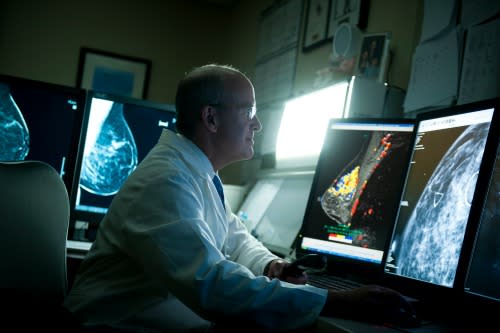Ovarian Cancer and Your Sex Life
Published: October 14, 2016l
Every woman’s journey with ovarian cancer, and any cancer, is different. During your treatment, sexual pleasure might not have been high on your priority list. When you feel it’s time to bring the spark back into your relationship, you might experience a range of emotions and challenges. The following advice may help.
1. Stay informed. Do as much research as possible about the side effects of your particular treatment so you’re prepared. Your gynecologic oncologist will likely explain that your hormones may be reduced naturally after treatment. This can cause symptoms similar to menopause, like vaginal dryness, hot flashes or loss of sexual interest. Pain and difficulty achieving orgasm are also common.
Remember—your doctor is there to support you—so please don’t be embarrassed to raise any concerns.
2. Keep an open mind. A common fear is that your partner may lose attraction to you because of your body’s changes. Here’s the thing: sexual activity doesn’t have to be black and white or fit society’s definition of pleasure. Explore what it means to you and to your partner. Intercourse isn’t everything. After all, there are other ways to give and receive—it just takes some patience and creativity. Think of it as a new chapter or way to bond with your partner.
3. Be honest. Good communication is key. Talk clearly and openly with your doctor and with your partner. Tell your doctor your concerns and challenges, and relay his or her advice to your partner. Being on the same page will help you feel more confident and will help lesson your partner’s fears of hurting you during sex.
4. Take care of yourself. Oftentimes, the effects of cancer treatment can take a toll on your self-worth. Try your best not to let it. For example, some women may mix and match wigs, hats and fashionable scarves to boost their self-esteem—and others may choose to embrace their natural look. Surround yourself with people who share your interests, whether it’s meditation, yoga or cooking. Live the life you love and deserve—this will help make you feel that much more attractive to your partner and to yourself.
5. Ask questions. Keep a running list of questions in your mind for your doctor, such as:
- What changes will I most likely notice in my sex drive? Will they improve?
- I’m afraid my relationship might suffer. What can I do?
- Could my partner and I benefit from a marriage counselor or sex therapist?
Looking for compassionate care related to ovarian cancer? Meet Dr. Elena Ratner.
Information adapted from:
http://www.dana-farber.org/
http://www.cancer.org/
Featured Expert/ Author






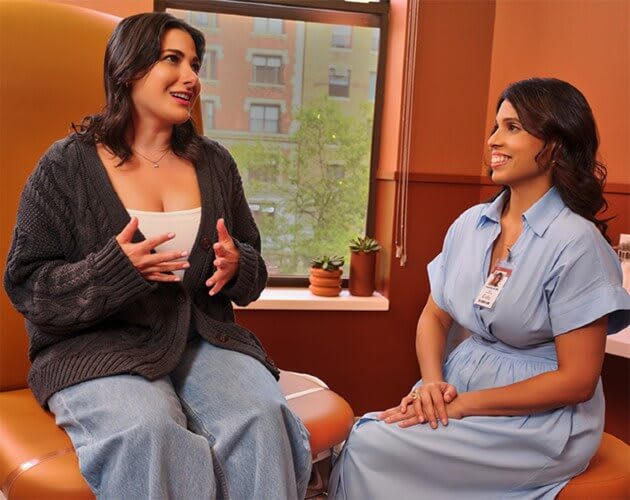



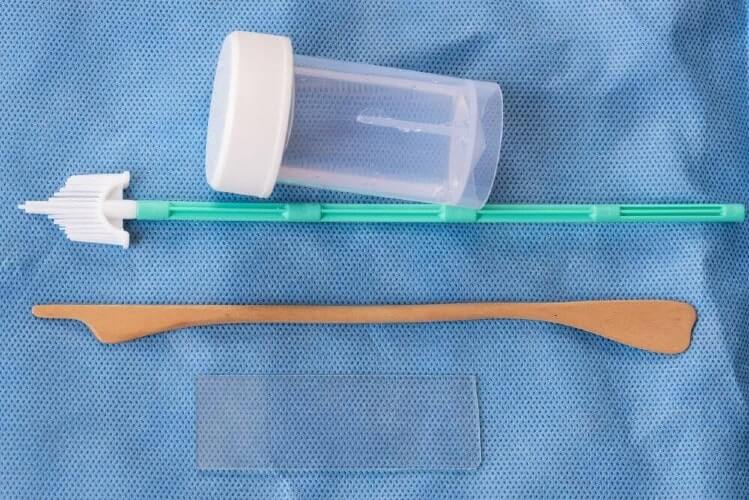












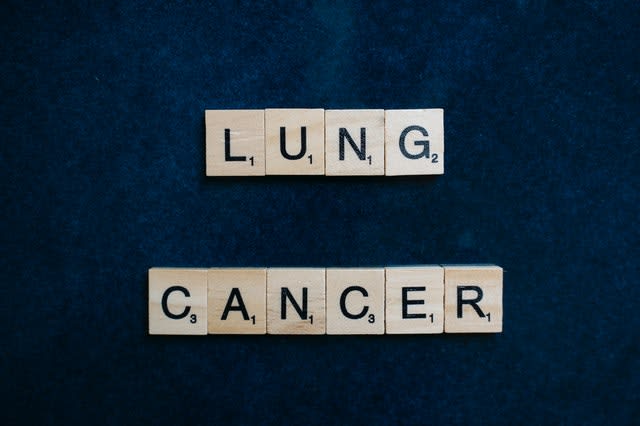

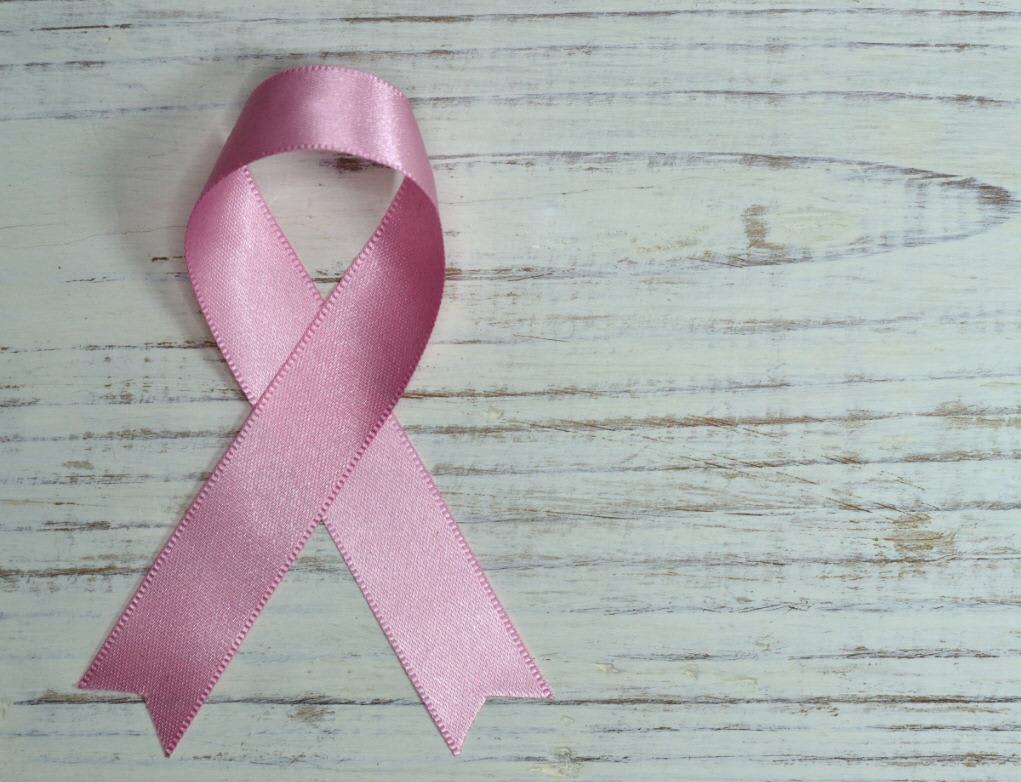
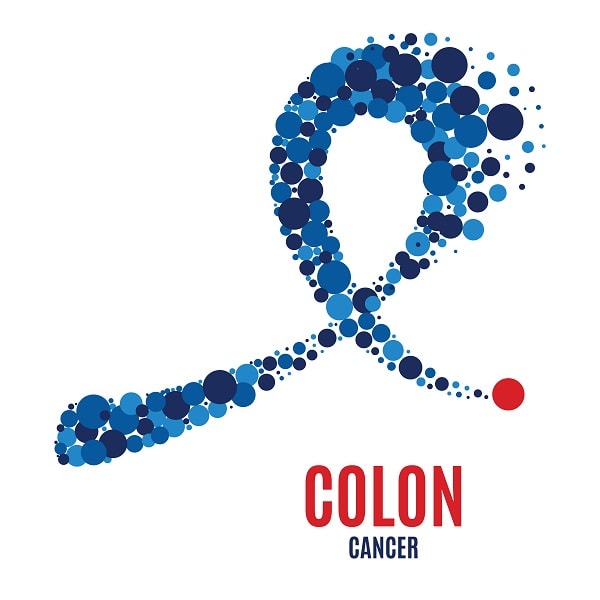
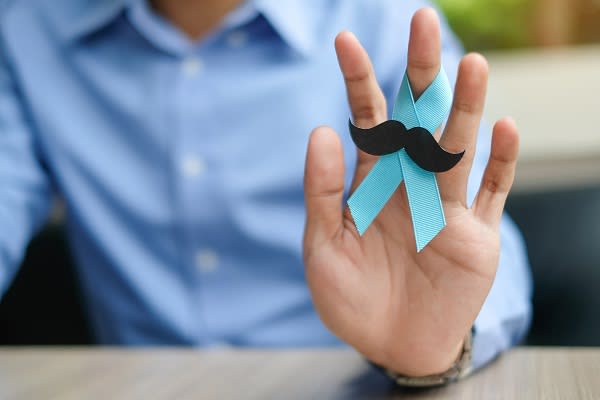
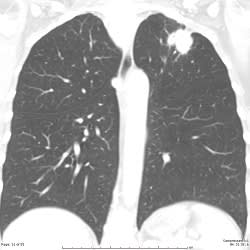













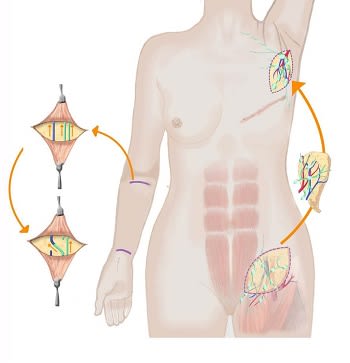





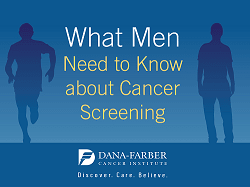
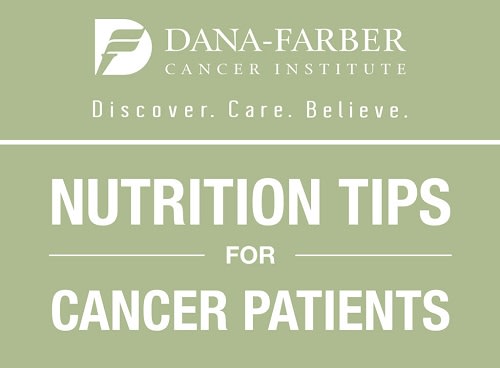



















)


)

)
)
